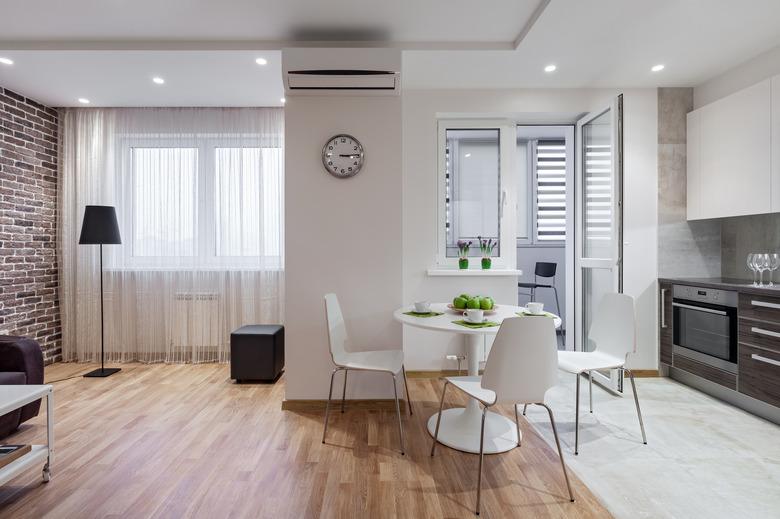Birch Hardwood Floor Vs. Hickory Floor
Wood flooring gives any room a timeless appeal, but the options can seem overwhelming. Both hickory and birch can be solid options depending on your tastes and needs, but each has unique characteristics that might make one better for you than the other. When it comes to hickory versus birch wood floors, learning more about each can help you decide what will be best for your home.
Factors to Consider
Factors to Consider
If you've already decided that hardwood floors are the right option for your home, there are several factors to consider before you decide which wood will work best for you:
- Personal taste: Different types of wood all have different appearances and aesthetics. Many people prefer the wavy grains of birch wood, while others love the more rustic, unfinished feel of hickory. Personal preference can also mean different things depending on whether you're remodeling a home or building from scratch.
- Hardness: Determine how much activity the floor will see. If it's in an area that will see a lot of foot traffic, especially by kids or pets, you'll want to go with a durable, hard wood that's barely susceptible to scratches and dings. But if it's going to be in a room with less action, you could go for a softer wood that you might find more visually pleasing or more in line with your budget.
- Stability: This refers to a wood's ability to resist moisture. All woods take in at least some moisture, and over time, that can cause them to shrink or swell. This is why you don't typically see hardwood floors in bathrooms where humidity can ruin many types of wood. If you're installing flooring in an area that may be prone to water spills or excessive humidity, you may want to look for a wood that scores high on the dimensional stability of wood chart.
- Installation: Some types of engineered hardwoods can be installed during a DIY job. But solid hardwood like hickory generally needs to be installed by a professional.
Birch vs. Hickory Hardness
Birch vs. Hickory Hardness
A wood's hardness is measured by its Janka Rating. You can take a look at the whole chart to see how measurements like oak versus hickory hardwood floors compare. The higher the rating, the harder the wood is. Janka measures resistance to impact, so woods have a high Janka rating, might not dent very easily but they can still suffer scuffs after years of wear and tear.
Hickory is near the top of the chart with a rating of 1820 and is one of the hardest woods commercially available. It's durable and dense, which makes it more resistant to scratching than some more porous varieties.
Yellow birch has a lower Janka rating, scoring 1260, which puts it around the middle of the chart and above other popular woods such as cherry and walnut. A lower score than hickory doesn't necessarily mean it's a worse option – it just means it's a little softer. In general, rustic birch hardwood flooring is durable against denting. While it doesn't hold up quite as well against scratches compared to hickory, its unique and uneven grain pattern typically makes small scuffs easier to hide.
Final Decision
Final Decision
There are many hickory and birch hardwood flooring pros and cons, but the two share more similarities. Both have a more rustic, uneven appearance than traditional flooring options, making them popular in homes like remodeled farmhouses or country homes. Birch can come in a variety of colors from tan to reddish-brown, and color patterns tend to be a little more muted than hickory. If you prefer a rustic feel and a dramatic color pattern, you might want to stick with hickory.
While both can hold up against moderate to heavy foot traffic, hickory scores higher in both stability and durability than yellow birch. If your floor will have to weather some elements, hickory might be the better option. For that, you might pay more — the cost of hickory typically runs a little higher than yellow birch — but hickory is also more widely available, meaning it can be easier to find deals or a wider variety of color options.
